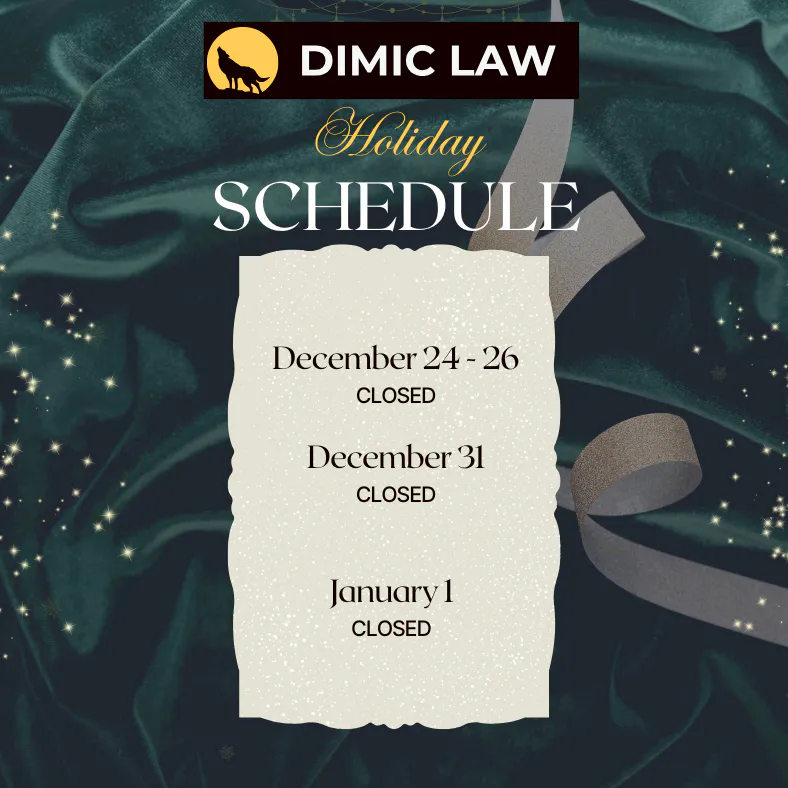
Blog
What to Do If Your Family Member Is Suing You for an Inheritance

Losing someone in the family is never easy. The closest you are to someone, the more you will be impacted. You have to deal with your own pain and the grief of your loved ones who rely on you, arrange a funeral service, reception and ceremony, and on top of all of that, you also need to handle all of the paperwork.
It almost does not leave you time to think about the deceased’s will and any inheritance left to the family. In fact, it is better to always take a little bit of time for yourself before diving into a situation that can be exhausting, complicated, and full of bureaucracy.
It only gets worse when, after the reading of the will, a family member decides to sue you for an inheritance. For that reason, it is essential that you find a reliable wills and estates lawyers calgary. They will be able to guide you through the process and take a little bit of weight off your shoulders, allowing you to better handle the grief and stress without thinking of laws and regulations all the time.
However, it is also a good practice to get familiarised with what you can do if you find yourself in this situation. Here are some tips to better organise yourself.
Find the Root of the Problem
The first thing you must consider when a family member wants to dispute a will is why they would do so. It is easy to assume the worst from someone suing you, but the truth is that there are quite a few reasons behind someone contesting a loved one’s will, and not all of them are malicious.
It is vital that, no matter who this family member is, you try to keep calm and not let emotions or greed get in the way. There are good lawyers in Calgary that you should hire to help you; they will be able to understand the other party’s arguments and translate them to you in the best way possible.
After meeting with your lawyer, you should find yourself in either of those two possibilities: The person suing you has legit reasons to do so, or they do not. Both of those still allow you to defend yourself and present counterarguments.
In the first possibility, your family member can be claiming, for example, that the will was not signed in the presence of valid witnesses – that is, two people who are not beneficiaries in the will, not family members and who were both in the presence of each other and the testator while they were signing it. To defend yourself, you are going to need to look for those people and ask them for clarification. Depending on what they tell you, your lawyers will assist you to resolve the dispute.
Other valid reasons that your family member may have when challenging you include a fraudulent will, lack of mental capacity of the testator at the time of writing the will or simply unclear text that leaves interpretation open regarding the deceased’s true wishes. For all of that, your wills and estate lawyer will be your best friend in assisting you.
On the other hand, it is possible that your family member is mistaken about their own rights or is maliciously trying to benefit themselves. A common misconception that people have is that the will must be fair for everyone in the family: although most courts understand that the deceased must leave provisions in place for their spouse or children, the fairness of those is not regulated by law. There is nothing stopping a person from leaving the majority of their estate to one of their children and almost nothing to the others. Moreover, people also seem to think that they are entitled to portions of someone’s estate just because they feel like it, and this can be easily rebutted in court.
In any case, there are several details that can be overlooked if you are trying to solve this situation on your own. Even if something looks obvious, a lawyer’s expertise is always your best tool.
Trying for an Agreement
In any legal matter where someone is suing you, there is the possibility of a settlement before going to court. In civil litigation, such as the case of will and estate disputes, most of the conflicts do not reach trial. The parties involved choose instead to sit down and talk – in person or through their lawyers – about the best way of putting an end to it.
Even if you think that you are one hundred per cent right about the division of assets, you may still want to choose to sign an agreement just for the sake of getting rid of a headache. It is quicker and easier to settle than it is to continue on and on with the dispute.
Going to Court
In the case an agreement between you and your family member is not possible, you will see each other in court. If it is so, having your will and estate lawyers with you is essential and is going to make all of the difference.
In court, both you and the other party will have to present your arguments and proof to the judge, call in witnesses and defend your interests. Challenging a will in court is especially tricky when you consider that the only person who could really present the truth for you and resolve everything is not here anymore. This can cause a lot of grief to resurface and may take a toll on the people involved.
Because of this, it is important to prepare yourself and remember that your health is the most important thing you need to preserve – not any asset or pride.
Prevention
To avoid falling victim to these saddest circumstances, there is one simple thing that everyone can do for themselves and their families: Talk to each other openly before it is too late and let them know about your last will and testament.
If you have a chance to explain why you will be leaving certain assets or portions of your estate to one person or another, your family will at least have more certainty of what they can expect later on when you pass and start making their peace from it. If they argue your reasons, you can even change your mind and work on appeasing your loved ones, in a way that everyone will feel seen and validated through you.
Although it may not always be easy to talk about death, having an open communication channel with your loved ones is the best thing you can leave behind for them after you are no longer here.

